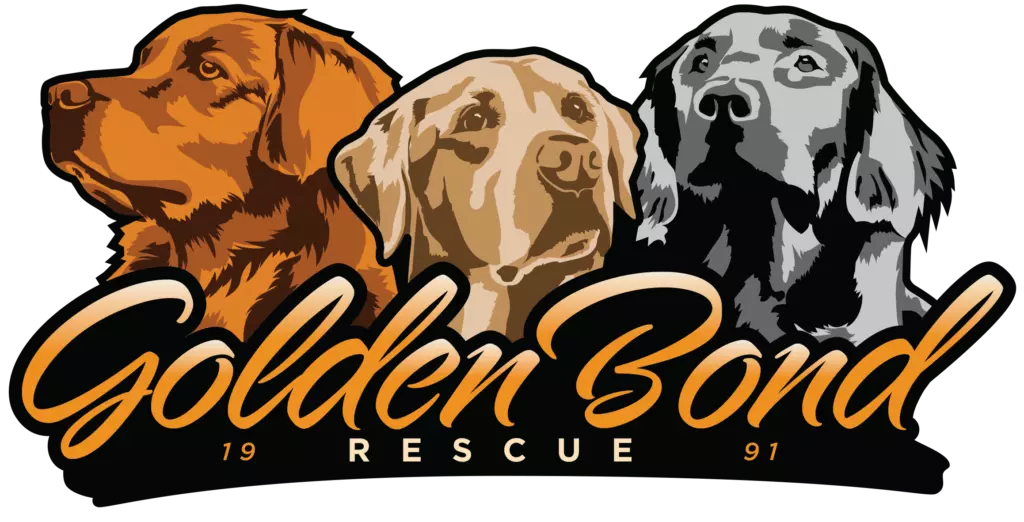How To Choose A Dog Trainer
by Jeanne Spreen

It’s important to know that the field of dog training is unregulated. This means that anyone can hang out their shingle, add a snazzy website, some glossy photos (or a TV show), and call themselves an expert. When choosing a dog trainer, use the same standard you would when seeking the advice of other professionals. “I’ve had dogs my whole life” is not a credential. You wouldn’t trust a dentist whose claim to expertise is “I’ve always had teeth”.
There are recognized paths to the profession; educational programs that award their graduates certain credentials upon completion of their coursework. The Certification Council of Professional Dog Trainers is an independent organization that issues its own certification credentials (CPDT) to trainers who pass a rigorous exam and demonstrate sufficient experience in the field. In addition, good trainers participate in ongoing education and are members of professional organizations that promote science-based, force-free learning.
Dog training is a science; choose a trainer who demonstrates knowledge of the way dogs learn and can communicate that effectively and with compassion to both dogs and to their humans.
What else should you look for? A trainer who is committed to using humane, reward-based methods instead of intimidation, fear or pain, and teaches alternatives to unwanted habits. He or she will use food or other rewards like play to increase desired behavior, rather than punishing “bad” behavior. Asking a prospective trainer these two questions will yield a wealth of information:
What will happen to Fido if he gets it right?
What will happen if he gets it wrong?

Red flags: A trainer who says that Fido needs “correction” or punishment for a wrong choice, outdated terms such as “alpha” and “dominance”, and use of tools that inflict pain, discomfort or fear, including shock/stim, prong or pinch collars, or practices such as pinning or rolling the dog.
Ask any prospective trainer about the methods they use and make sure you are satisfied with the answer. Beware of phrases like “tailoring training to the dog” and “balanced training”, which carry the hidden message of using whatever means necessary to get the dog to comply, and outdated or nonsensical phrases such as “pack mentality” or “channeling energy”.
Reward-based methods are humane and more effective than punishment, and do not carry the risk of creating a fearful or aggressive dog. Positive training strengthens the dog-human bond because training is built on trust. Because behavior varies and depends on many factors, a good trainer cannot (and will not) guarantee the results. An ethical trainer will ensure that you are happy with her services but be wary of someone who promises a quick fix, especially for complex behavior issues. Good training often takes time, but the investment in your lifelong relationship is well worth the effort.
Looking to adopt a Golden Retriever or Labrador Retriever? Contact us today!


